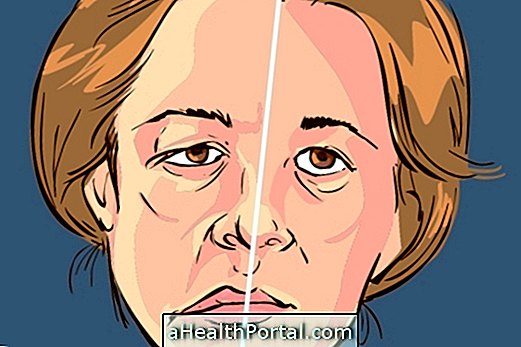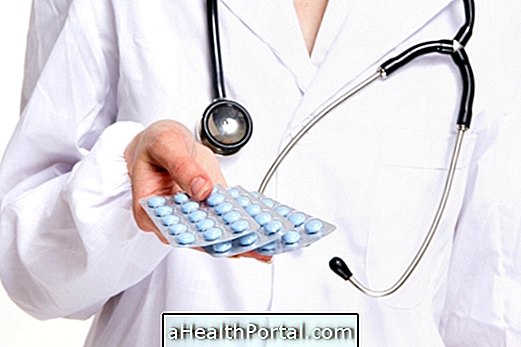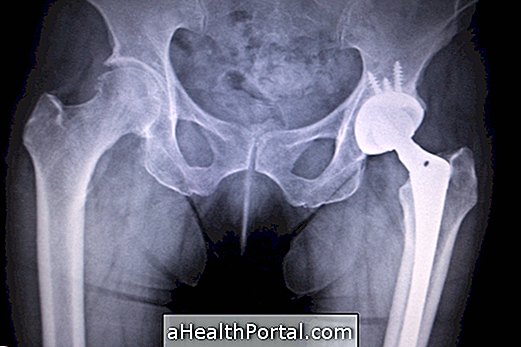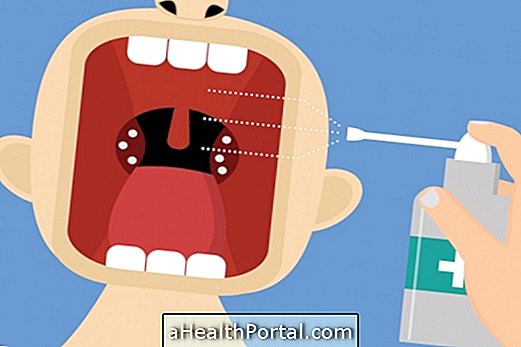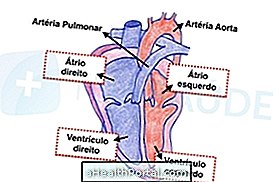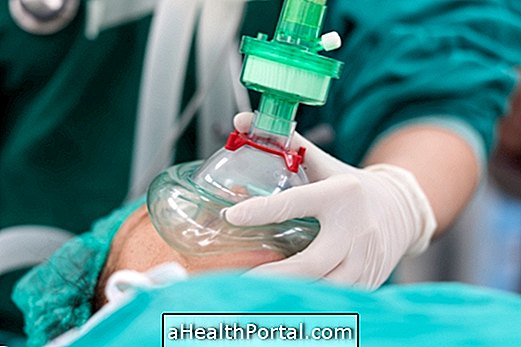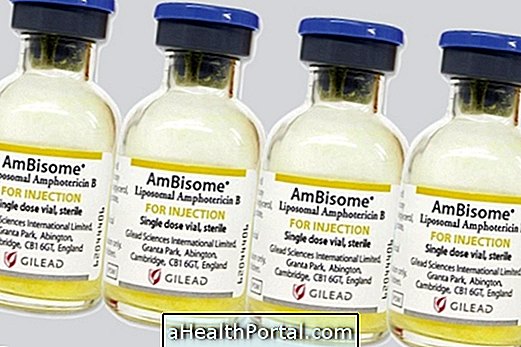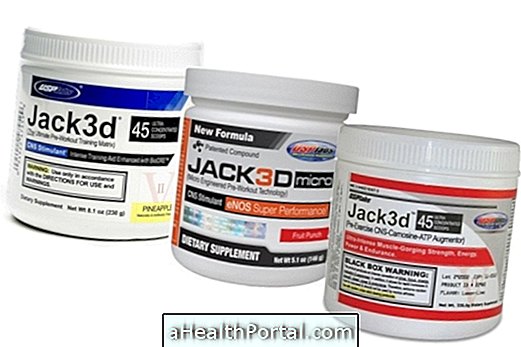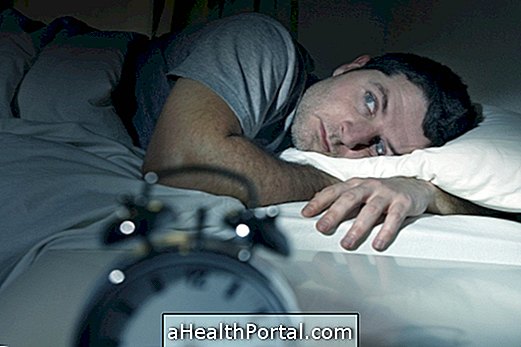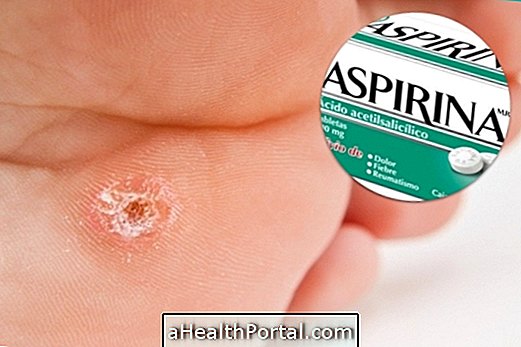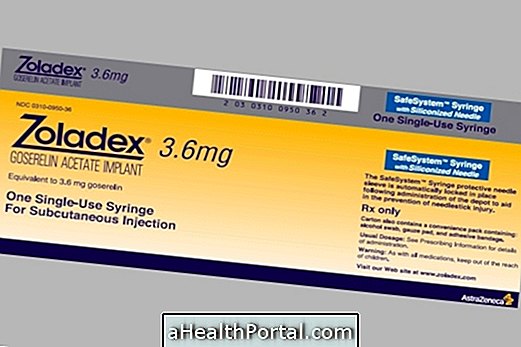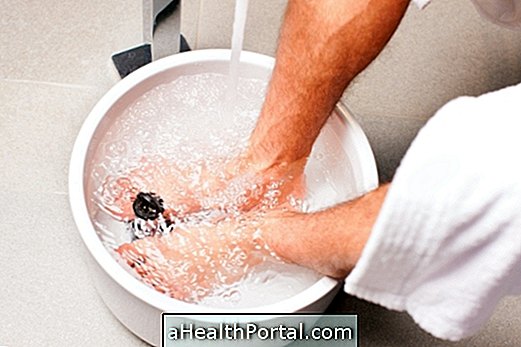Vascular dementia is a type of alteration of areas of the brain mainly due to a Stroke, giving rise to symptoms such as difficulty in carrying out day-to-day activities, loss of memory and difficulty speaking, example.
This type of dementia is irreversible, however it is possible to be treated in order to avoid progression, and the doctor indicates measures that can reduce the chances of stroke, such as quitting smoking, practicing physical activity and having a balanced diet, for example .
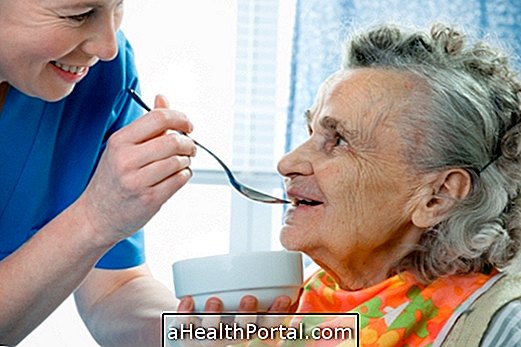
Symptoms of Vascular Dementia
Vascular dementia is characterized by small interruptions of blood flow, called an infarction, that occur in the brain throughout life and may result in dementia. Lack of blood in the brain leads to neurological consequences and may result in dependence, such as:
- Loss of memory;
- Difficulty speaking;
- Difficulty performing simple activities of daily living, such as walking and eating, for example, generating dependency;
- Malnutrition, as there may be difficulty swallowing;
- Lack of attention;
- Imbalance;
- Increased chances of infection.
- Coordination problems.
Vascular dementia is a progressive disease with irreversible symptoms that is usually a consequence of a stroke, which occurs mainly due to situations that may interfere with circulation, such as high blood pressure, diabetes, high blood pressure and smoking, for example. See what are the main causes of stroke.
The diagnosis of vascular dementia is made through neurological and imaging exams such as magnetic resonance imaging and computed tomography in addition to the physician assessing the patient's symptoms and lifestyle habits.
How is the treatment done?
The treatment of vascular dementia is done with the aim of avoiding the progression of the disease and relieving the symptoms since it has no cure. It is also possible to avoid the occurrence of stroke and, consequently, vascular dementia by means of some attitudes that can be implemented in daily life, such as the practice of physical activities and healthy and balanced diet. Understand how stroke treatment is done.
In addition, your doctor may indicate specific medications that can treat underlying diseases, such as hypertension and diabetes, which are factors that increase your chance of having a stroke in the future.
